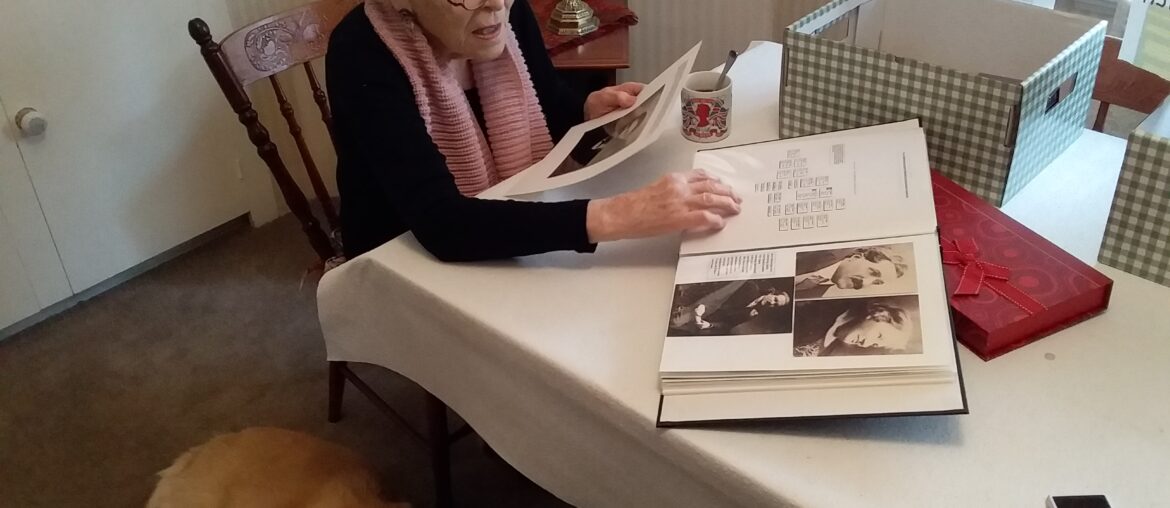Disclaimers: I’m very fond of ‘tradies’ and the ones who keep my household running smoothly are invariably kind and helpful. Some are of the old-fashioned variety, the ones who stand in front of a problem, ruminate for a while and then come up with some typically creative Aussie piece of innovation. Others come from further afield and we navigate our way through the vagaries of English language usage and the complexities of names; Asian forms of address can be very tricky as I don’t always know which part is first name and which is last; we often compromise and so Minh and Mrs Collins become Mike and Ros as we share tea and anecdotes about ancestry.
I also have every respect for whatever a woman decides to do with her hair: cover it up, shave it off, colour it purple. All I hope is that she makes her own choices and that no outside pressure is ever brought to bear on her decision.
* * * *
My electrician is a ‘salt of the earth’ Australian tradie. He’s travelled overseas, and keeps up to date with world affairs. One day he asked, ‘Won’t you get into trouble with your rabbi for not wearing a wig?’ He was amazed when I laughed and couldn’t understand that no one has any authority over what I do with my hair. My ‘sparky’ does a lot of jobs around the Caulfield and Ripponlea areas and has obviously got hold of the wrong end of the hairbrush.
I come from an orthodox Anglo-Jewish family; not what we used to call meshugener frum, but just middle-of-the road observant. My grandmothers did not cover their heads and my mother, whose adherence to ritual such as kashrut was exemplary, loved walking without a hat in the wind and rain.
However, just one of my aunts did wear a wig. She and her husband, as poor as poor, were devoted communists until 1956 and Hungary, at which point they both became exceptionally orthodox. I never really understood it all. One moment they were passionately involved in such important issues as free school dinners and road safety and then suddenly – wham! – everything changed. They gave me a book about the Chartists for a birthday present one year but I think religious studies occupied their minds more often than social reform as they grew older.
One of my sons has also had an ‘electrician experience’. I should mention that this son is a Vietnam vet, an artist and a secular Jew passionately concerned about Jewish issues. His electrician was quite young and not at all well-informed. He pointed to the mezuzah on the front door and said, ‘It’s full of blood, isn’t it.’ My shocked son hastened to explain that the contents of the amulet are nothing more than a blessing on parchment. ‘I’ll take it down and show you,’ he said. ‘Ooh no, better not touch,’ replied the electrician, obviously terrified at the thought.
This is disturbing, much more so than whether or not I need a sheitel. The tradie acquired his ideas from somewhere – but where? More problematic is how far such ideas – like a virus – will spread. It highlights the importance of teaching something like comparative religion in schools but this, of course, is a minefield. It is easy to imagine the protests from all sides if customs and rituals are in any way misrepresented by teachers struggling to interpret the myriad strands that make that grand tapestry known as religious beliefs. But we cannot just let it go. What if the young electrician has a little family? What if his kids ask ‘What is a Jew?’
* * * *
We have a long way to go to dispel the mystiques about Jews and Judaism. I’m not the first to protest that the media don’t help by focusing on the more extreme, the most exotic, the very visible Jewish representations of our community.
It’s particularly hard for writers who can hesitate to voice the contradictions. I wrote Rosa in part to connect with non-Jewish readers, maybe a little like the electricians. I said: It is a common misconception that all Australian Jews came here from places with unpronounceable names: Bialystok or Lviv or Częstochowa. Not so. The family of my husband, writer Alan Collins – including our convict – came from the slums of London and reached Sydney in the 1830s. I am a Londoner of more recent vintage.
There are many ways to connect. There are fine works of academic scholarship but I don’t think our electricians will be attracted to them. Holocaust stories have a much better chance of breaking through into general readership and even if they fail to make best-seller lists it is imperative that these histories be recorded. But humour – ah! – a different approach altogether.
I write to entertain … let me open a small window into some unfamiliar scenes of Anglo-Australian-Jewish life, I said. And so it was rewarding when non-Jewish reviewers grasped what I meant. It would be self-serving to quote them here, but I will share this very accurate description of me: … an Anglo-Australian Jewish woman for whom being Jewish, as for many I believe, is as much, if not more, about history and heritage as god and religion. [880 words]
Rosa is published by Hybrid Publishers https://www.hybridpublishers.com.au/product/rosa-memories-with-licence/
Ros’ next book will focus on her late husband Alan’s Australian ancestors from the 1800s.


Comments are closed.